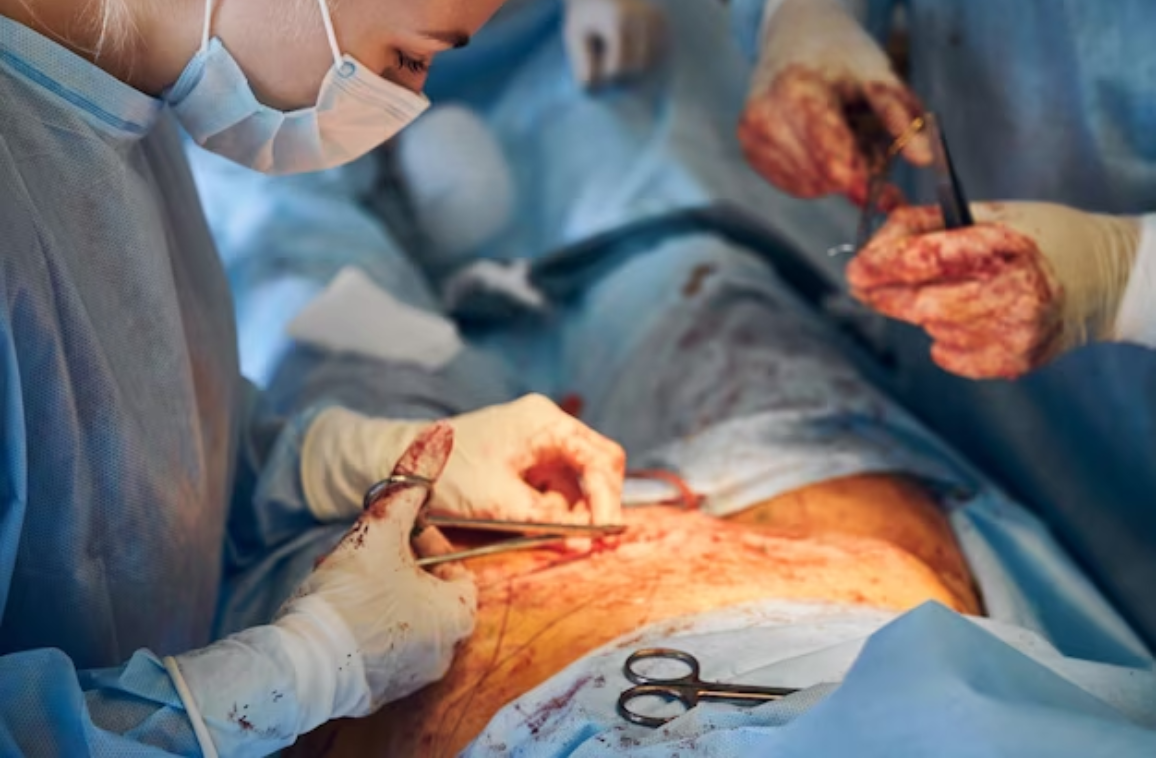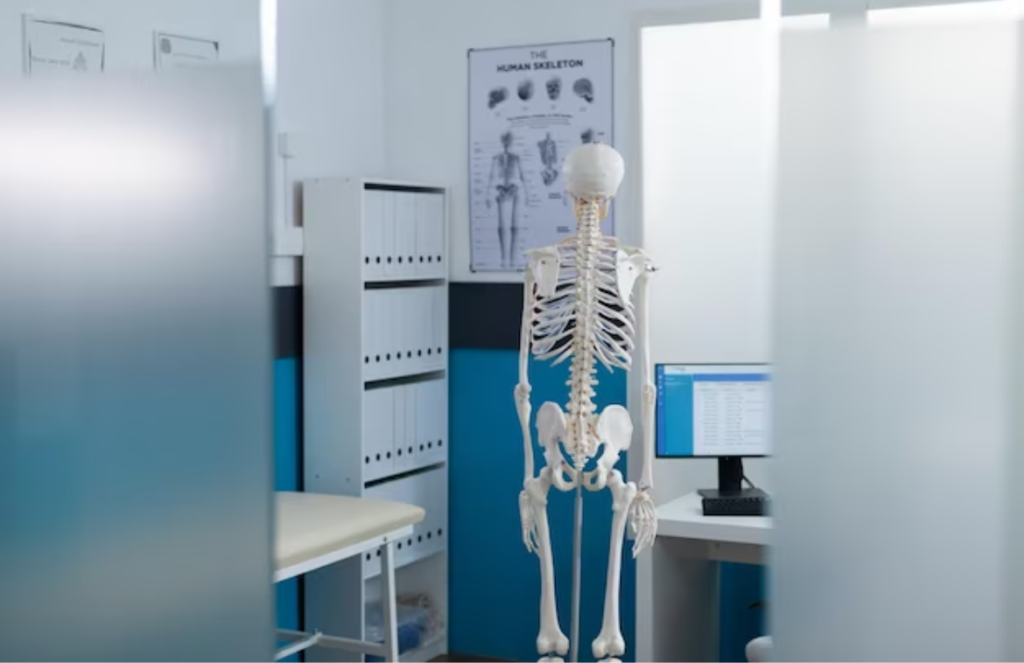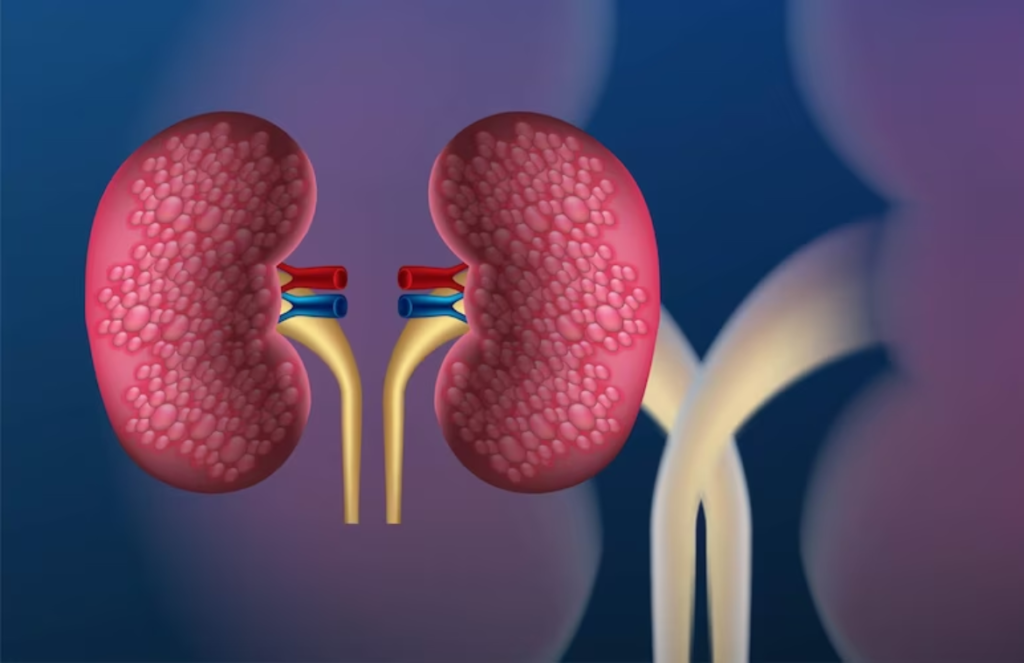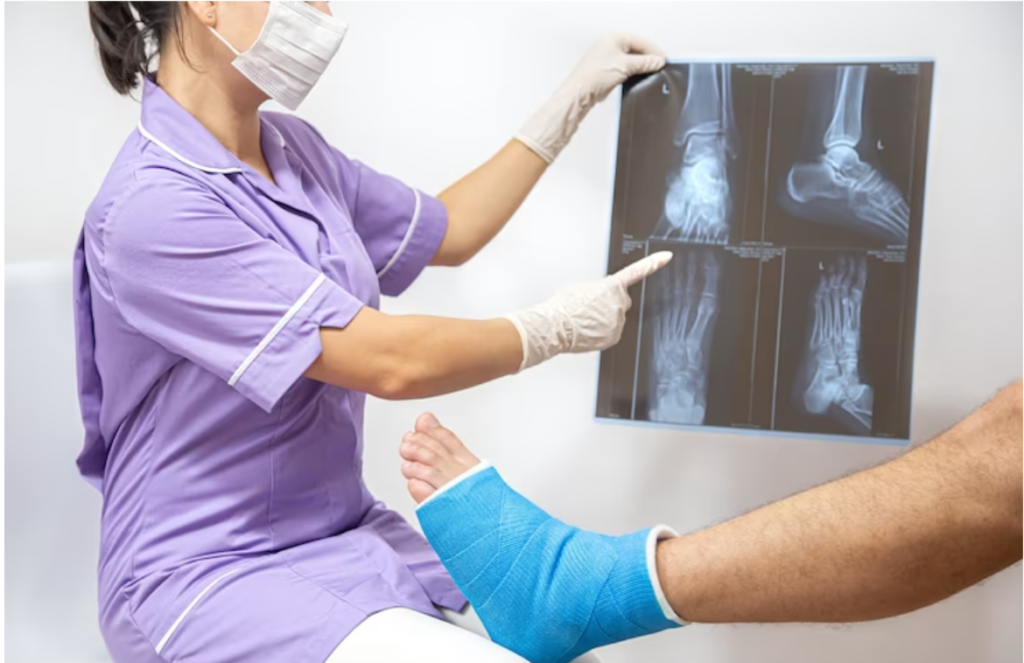General surgery in hernia is recommended to resolve the health issue. Hernia at times requires surgery, and sometimes not really unless and until it becomes a problem.
A hernia occurs when an organ or tissue tends to protrude via a weak area of muscle. This is most common in one’s abdomen. Hernia repair surgery can be referred to as hernioplasty or herniorrhaphy. During this surgery, the displaced tissue is rather returned to one’s body, and the weak spot is stitched or patched up.
Hernia repair surgery is common. It is usually very safe and effective. General surgery is a way out.
What is hernia repair surgery?
Hernia repair surgery is performed by a general surgeon. It is usually done in a hospital or even an outpatient surgical center. An outpatient surgical center happens to be a facility that does not require an overnight stay unless complications are there.
The surgery can be done on adults and children. It usually takes less than an hour or two. Hernia repair surgery is done with anesthesia.
Difference Between Hernioplasty and Herniorrhaphy
Herniorrhaphy refers to a surgical technique that relies mostly on sutures to secure herniated tissue in its proper location as well as strengthen the weakened muscle at the site. Hernioplasty is rather a different technique that does rely primarily on placing synthetic mesh to reinforce the weakened muscle site.
Hernias are repaired with one of three types of surgery:
- Open surgery.
- Laparoscopic surgery.
- Minimally invasive robotic surgery.
Purposes of Hernia Surgery
Most hernias occur within the abdominal wall. With these hernias, there is a weakness or even a tear in the outer abdominal muscles. These muscles normally keep organs or tissues, such as the intestines, inside.
In an inguinal hernia, the intestines or fatty tissue bulge via the abdominal muscles in the groin area.

Another type of abdominal wall hernia is a femoral hernia. These occur a bit lower in the groin than inguinal hernias.
Other types of abdominal wall hernias include:
umbilical hernia, a hernia near the belly button that is typically not serious. It is most common in newborns and usually closes on its own. These hernias are more concerning in adults.
- Epigastric hernia, a hernia that requires surgery but is not usually an emergency.
- Incisional hernia, one that develops after abdominal surgery and often does require further repair.
Reducible Hernia
A reducible hernia is one that bulges with pressure. This might happen when a person is lifting something heavy. It might also happen when straining to have a bowel movement.
Reducible hernias do return inside the body when the pressure is gone. The affected person can also be pushed back with gentle pressure from the outside. These hernias are not considered an emergency, but still require surgical repair.
Incarcerated Hernia
An incarcerated hernia remains in the “out” position. It cannot be pushed back. These hernias can rather become strangulated, and the bulging tissue loses blood flow. This can be life-threatening and does require emergency surgery.
Irreducible hernias can indeed lead to permanent damage. Surgeons do recommend hernia repair surgery for most hernias.
Recovery from Hernia Surgery
Recovery time for hernia repair surgery does vary much depending on what kind of surgery is performed.
When to Seek Medical Attention
Contact the healthcare provider if noticing any of these symptoms while you’re recovering:
- Persistent, severe, or worsening pain.
- Fever.
- Signs of infection from the surgical site, such as warmth, redness, increased swelling, and/or abnormal drainage.
- Persistent vomiting.
- No bowel movement by day two or three after surgery.
Summary
A hernia occurs when tissue or an organ bulges via a weak area of muscle. Hernia repair surgery can resolve the issue. Hernia repair surgery is considered more urgent when the hernia is incarcerated or permanently out of position. Surgery can indeed prevent the hernia from becoming strangulated.
Few may not require surgery, at least initially. The healthcare provider may recommend watchful waiting instead. The advice of the doctor needs to be adhered to.















